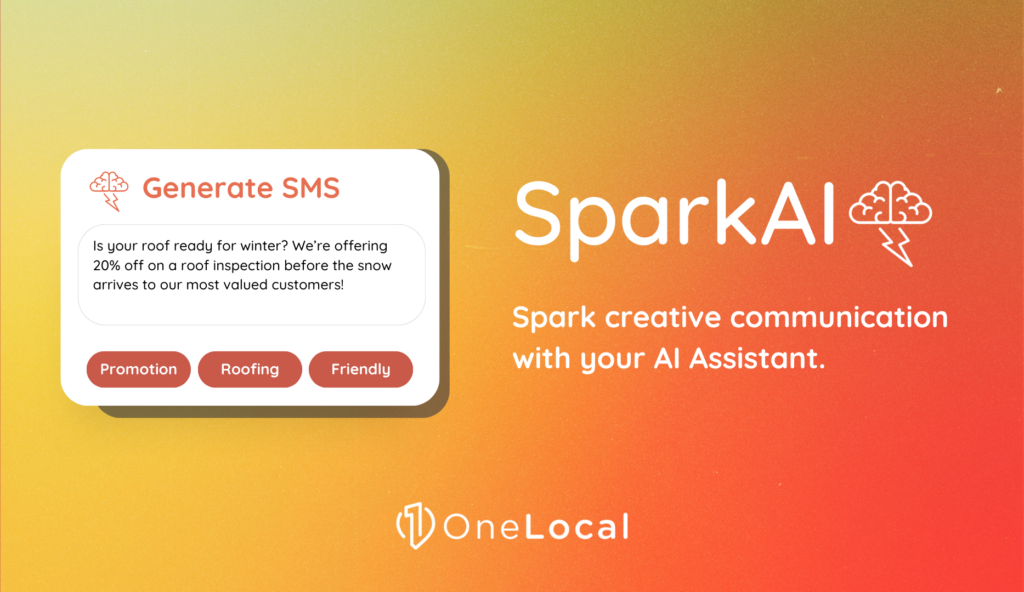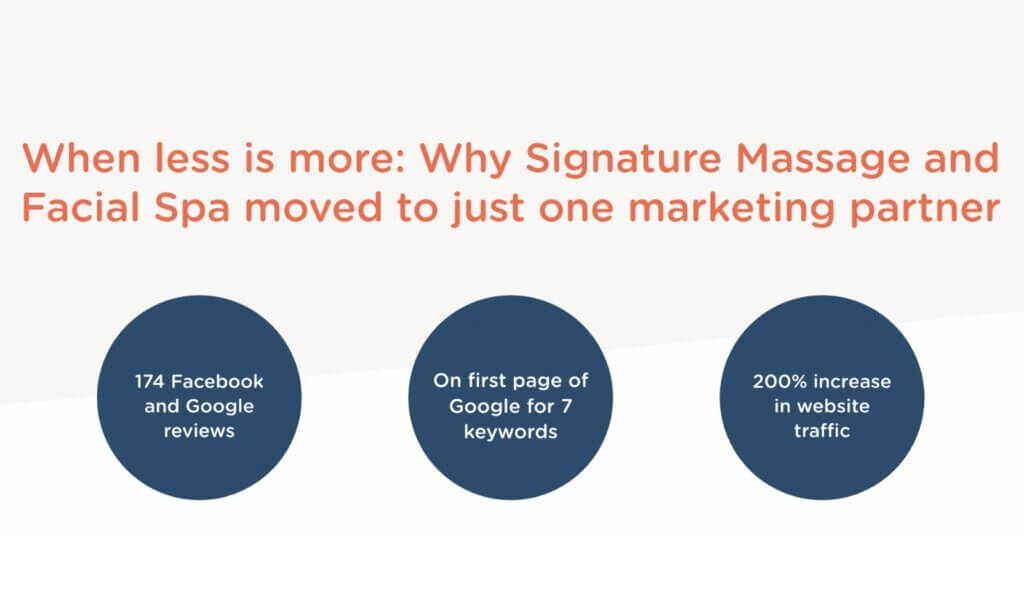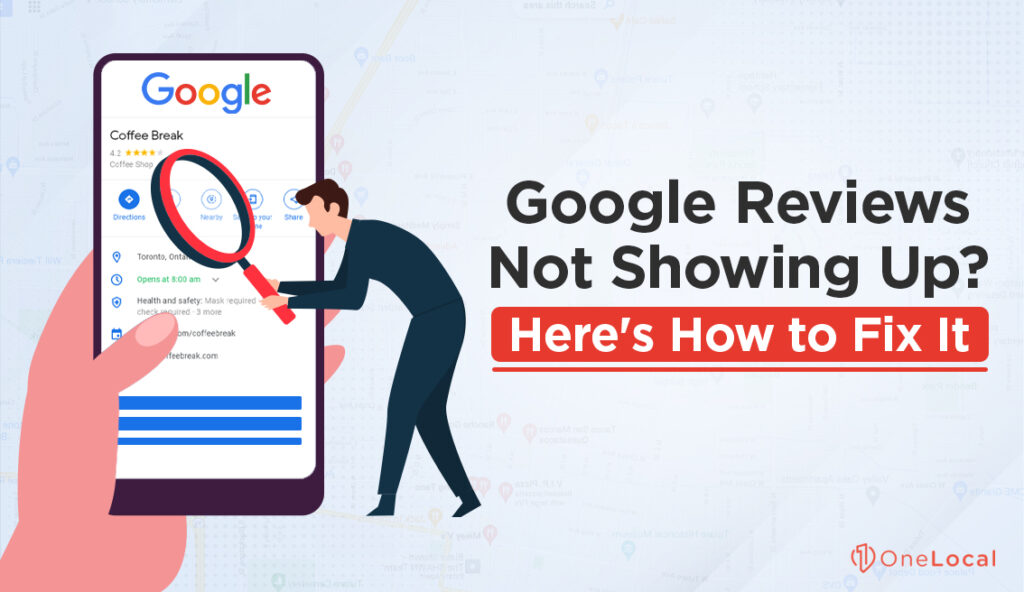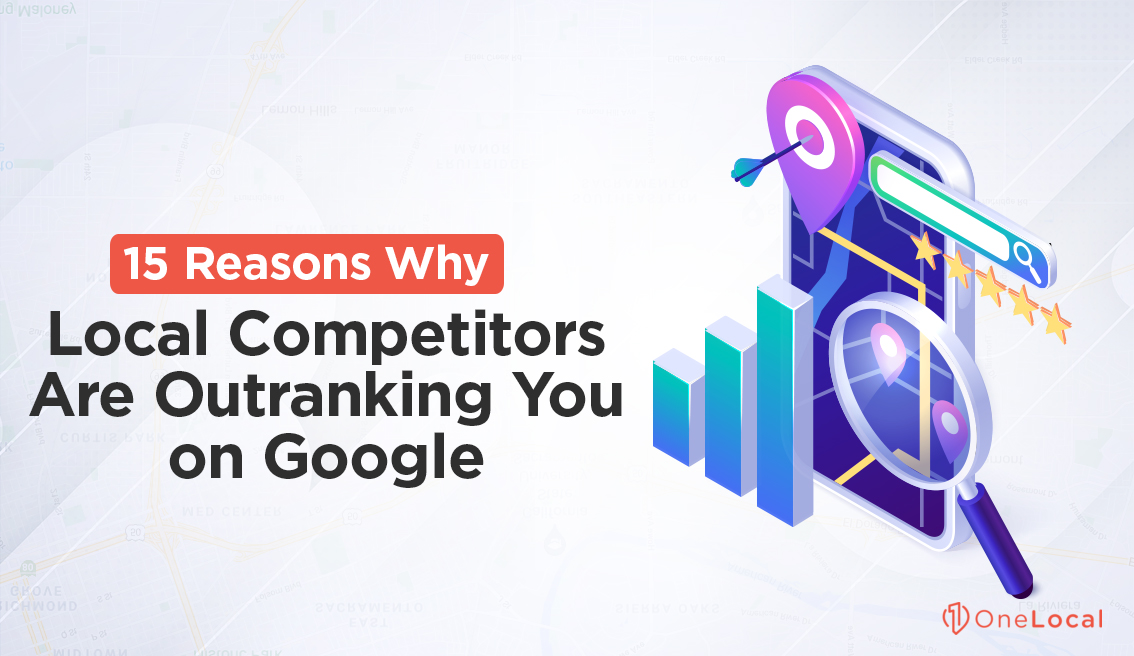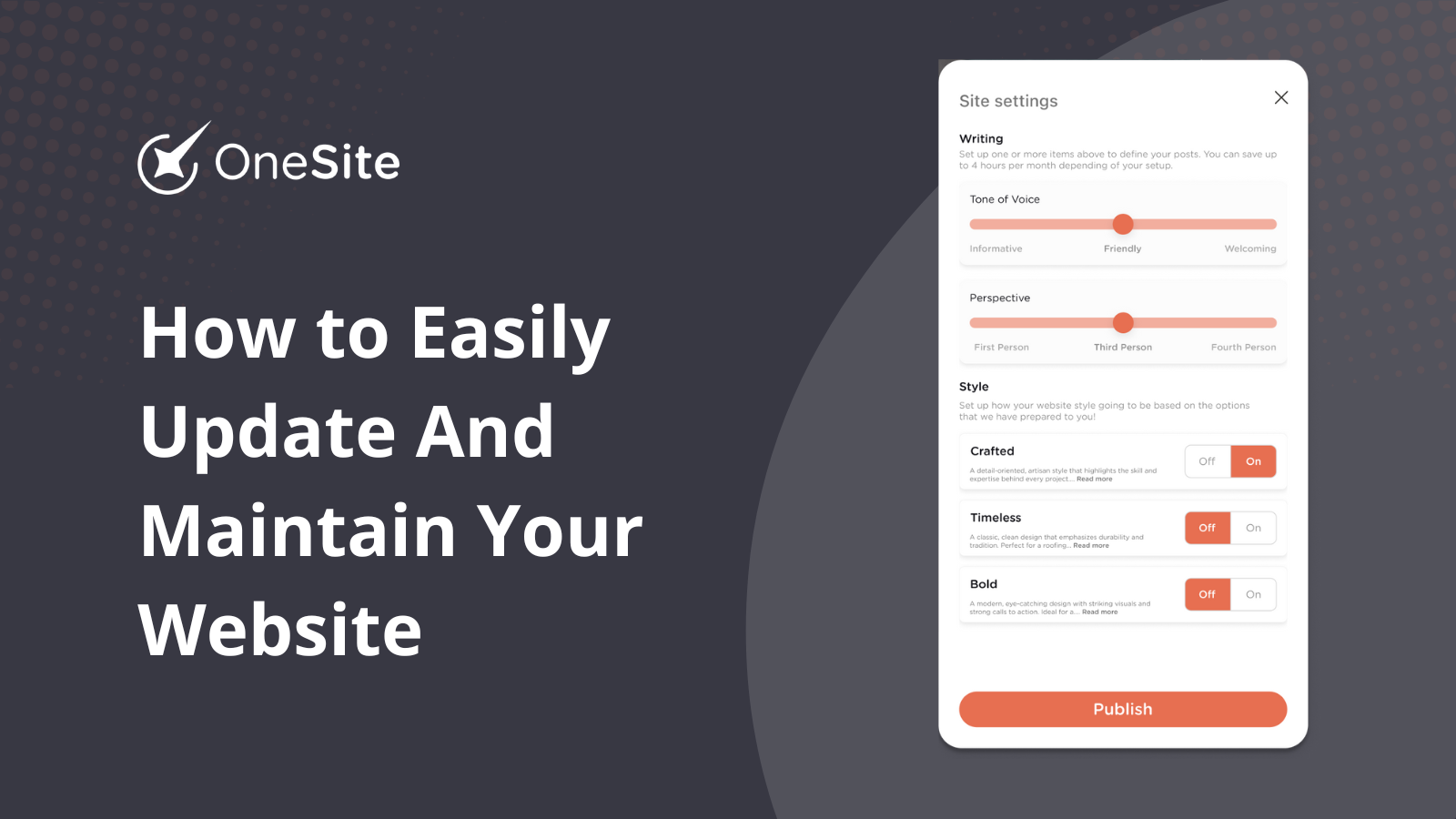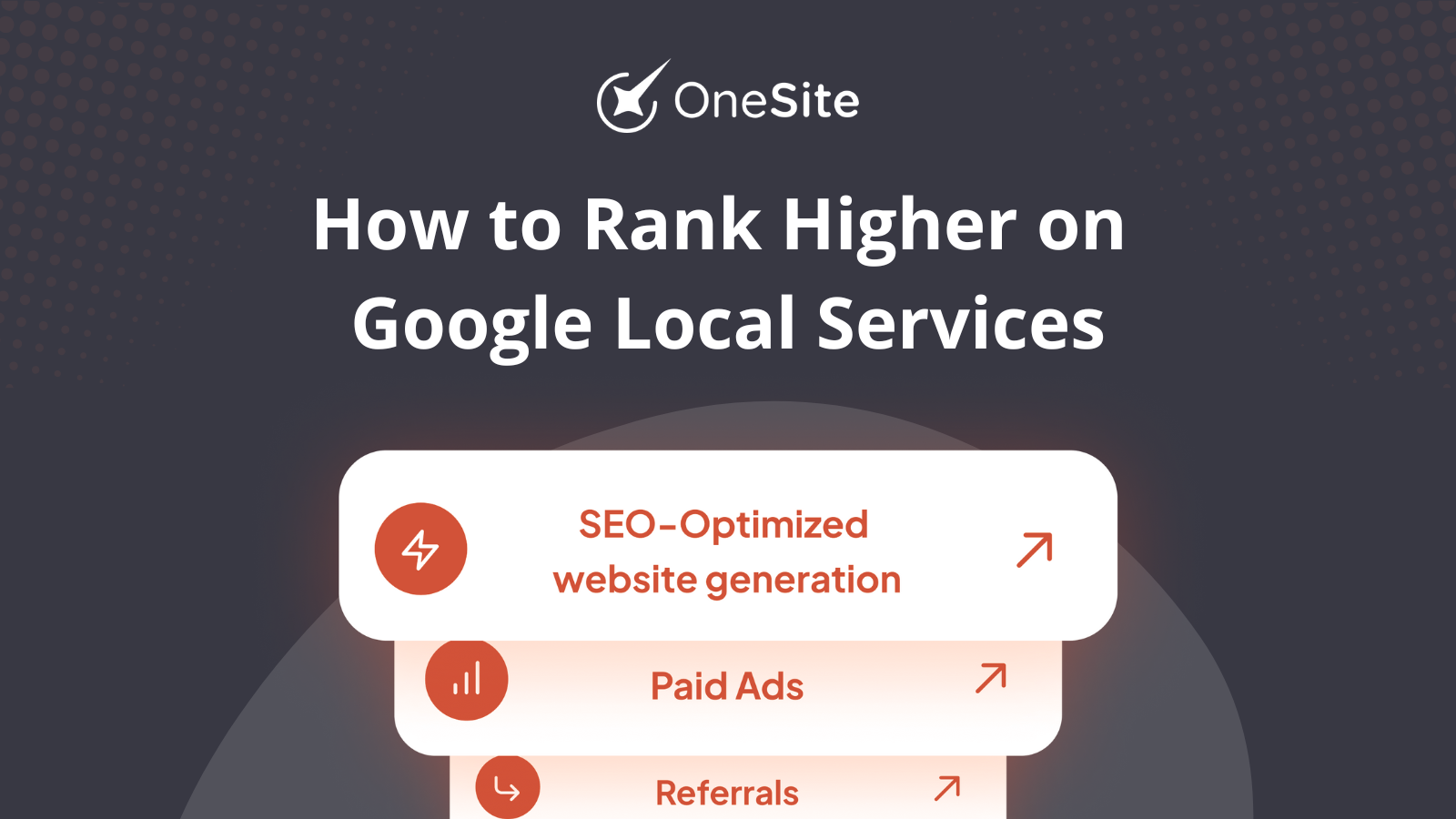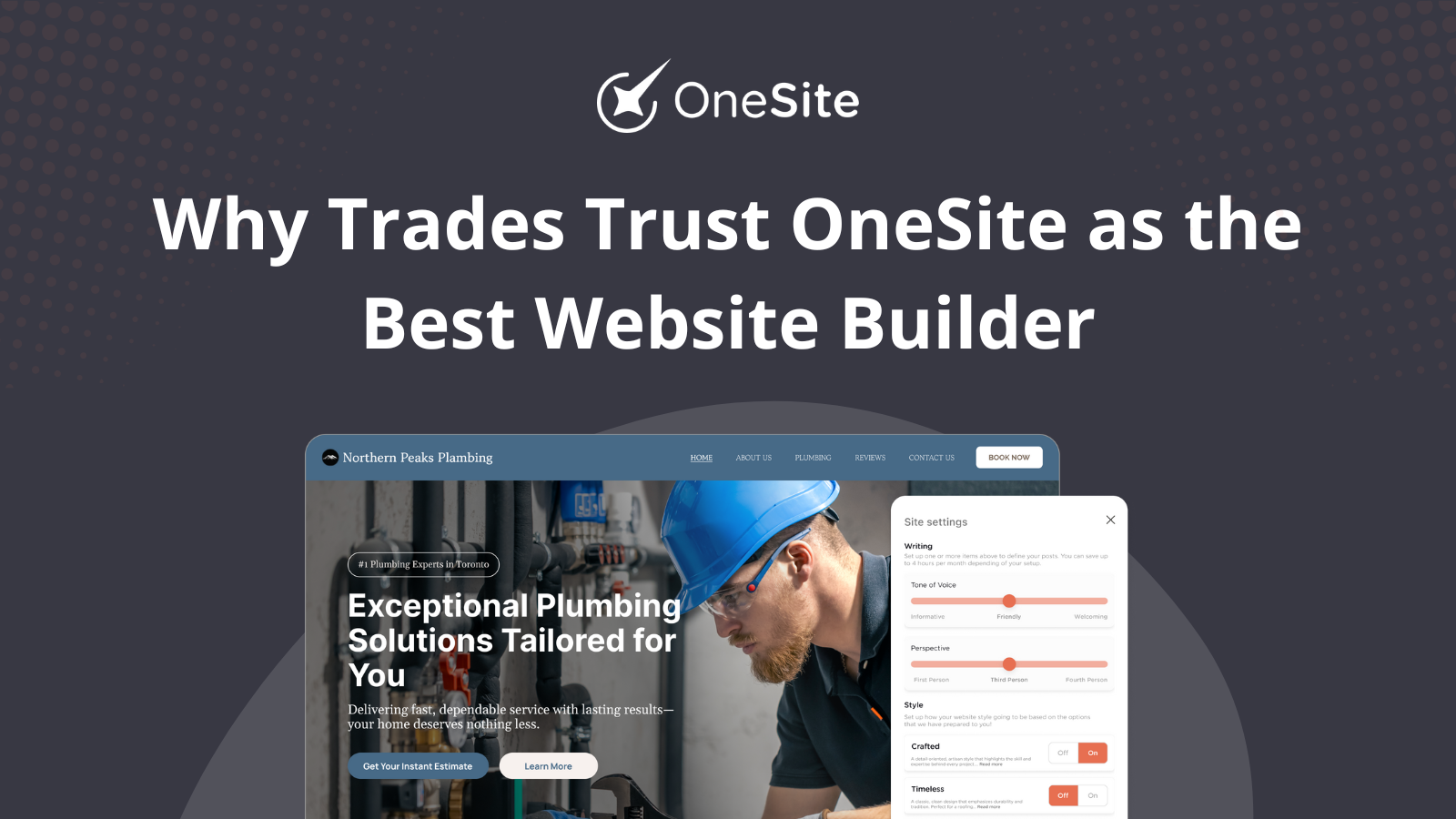Global SEO is a playing field for giants. Huge corporations are vying for the attention of anyone using web search, and, for most queries, they succeed and are outranking the competition. However, Google knows that this suppresses small-time businesses and has done its part to ensure that small and local businesses can compete. Generally, this means competing through local search results. That’s good because it means small businesses can dominate their local area while not worrying about competing on a stage where they can’t even take advantage of success.
On the other hand, it makes these local search results that much more critical for small businesses when outranking the competition. Worse, it means that it’s a very cutthroat world of small-scale SEO. To succeed, you need to be ruthless with optimizations, take every advantage available to you, and more: understand why others are outranking you. Because there will always be others doing better than you, and you can learn why so you can use their strategies for yourself.
We’ve put together a list of the 15 most common reasons why a competitor may be outranking you in the field of local SEO. Our recommendation is to treat it like a checklist of things to look for, to see which ones hold true. From there, you can figure out what to do about it.
1: They’ve Outranking With Captured Better Search Intent
Search intent is a massive part of outranking the competition and getting search ranking and traffic. Imagine if a user is searching for a local carpet cleaning company. Which of these listings are they more likely to click on?
- CJ’s Professional Services
- CJ’s Cleaning Company
- CJ’s Carpet Cleaning
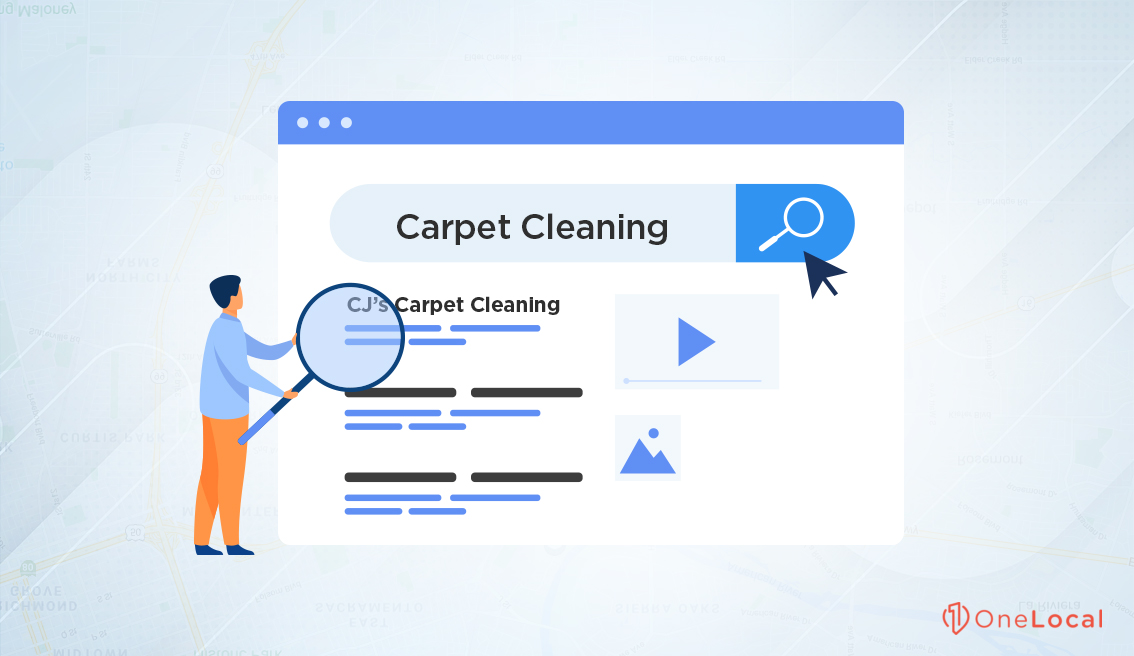
The answer is the carpet cleaning listing, which means the company with “carpet cleaning” in either their business name or the name of some primary pages on their site will get a more prominent listing. This is because of how Google works, and how they want to fulfill not just the letter of what users are looking for, but the spirit of it.
This can get skewed by other factors on this list, which is why it’s up top. CJ’s Professional Services can still out-rank the other two if there are a lot of additional citations, pages, links, and references to them having high-quality carpet cleaning services, for instance.
2: They’re Outranking with Better/More Citations
Google has confirmed that reviews affect ranking, at least in the Google maps listing, the Google maps pack, and with Google business profiles. A greater number of reviews is better than a lesser number of reviews. Also, a higher average rating for reviews is better than a lower rating for outranking the competition. This extends in balance, so a business with hundreds of 2-3-star reviews will do worse than a business with only dozens of reviews, but in the 4–5-star range.
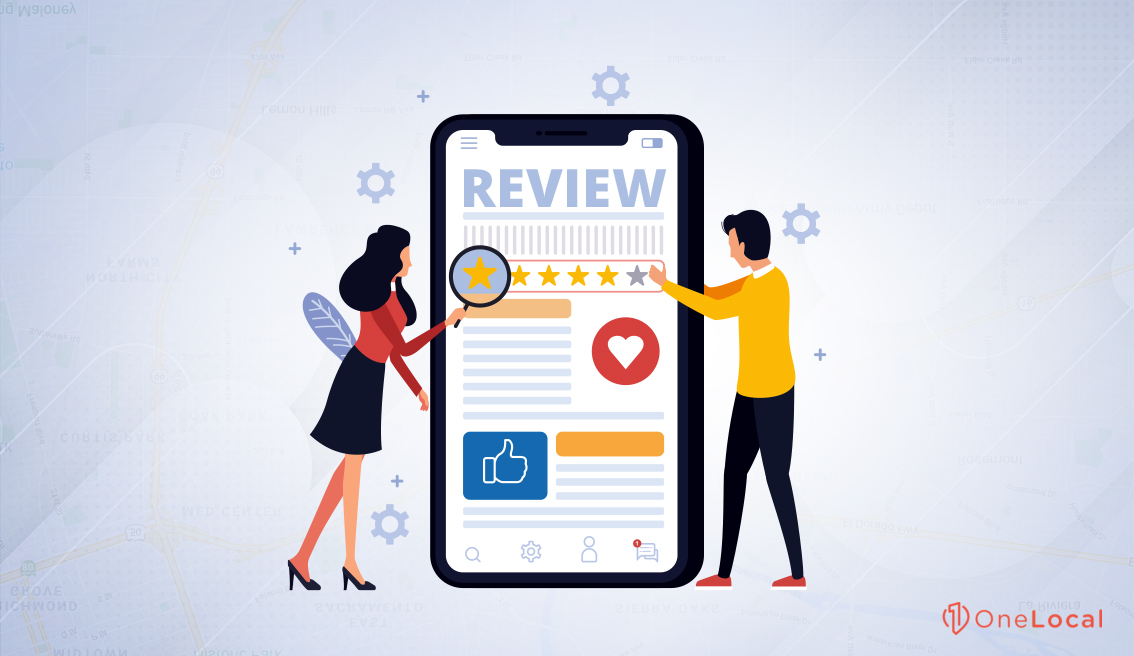
One of the best ways for outranking the competition and getting ahead in local SEO, especially on Google, is to encourage people to leave positive reviews of your business anywhere they can. It’s especially important for those local reviews to be left on Google itself, however. This is why we offer a review building service, after all.
3: Their Technical SEO is Better

Technical SEO encompasses a huge array of different aspects of a site, including:
- Keyword usage, and avoidance of keyword cannibalization.
- Links, both internal and external.
- Meta data, including meta titles, descriptions, image alt text, and more.
- Schema.org markup, including Local Business markup.
- Site speed, responsiveness, and performance.
- Mobile site performance and functionality.
- Navigation and URL structure.
- HTTPS/SSL site security.
- Lack of duplicate and thin content issues.
…and more. A complete SEO audit and overhaul of a site can do wonders to improve its ranking, both in global search results and in local results.
4: They’re More Local to Your Queries
Location matters. When a user searches for a local search result, the more local a business is, the better it will appear. Take Dallas-Fort Worth, for example. If a user is searching for carpet cleaning in the area, they might find:
- DFW Cleaning Services
- Fort Worth Cleaning Services
- Arlington Heights Cleaning Services
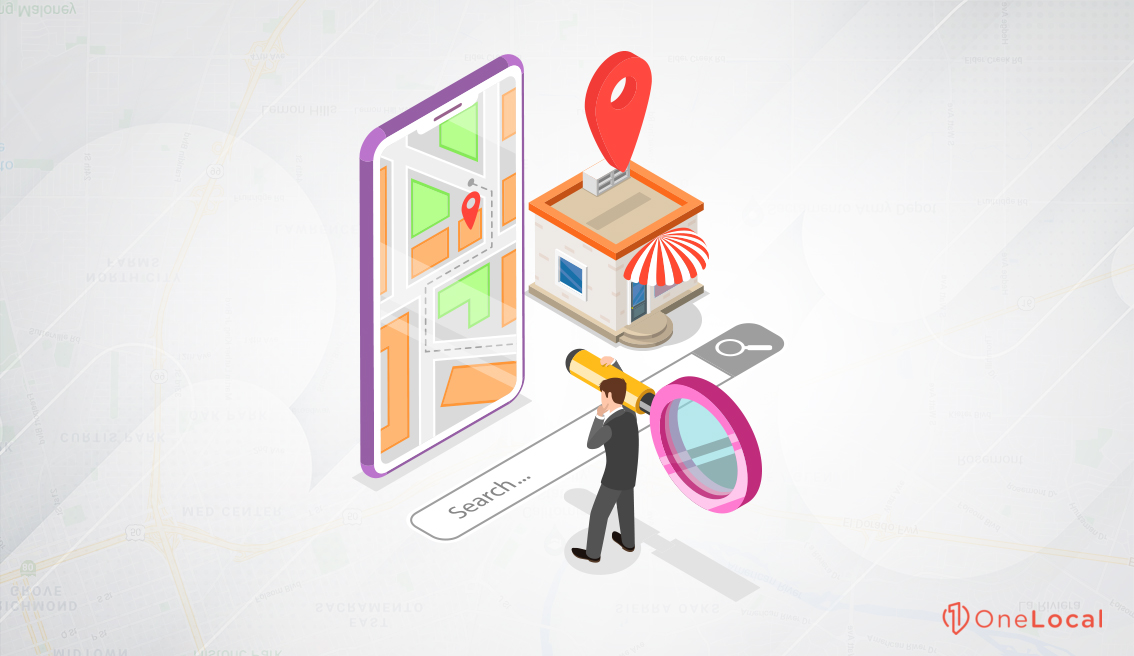
The more specific the match to the user’s location, the better. While all three companies might include Arlington Heights in their service area, if the user is in Arlington Heights, they might be most interested in a company they can drive to in just a couple of minutes, instead of one that is hours away on the other side of Dallas.
That is why many regional companies that cover multiple counties or cities in a metropolitan area will often create sub-pages for different neighborhoods in an area. That way, each page can reach hyper-local audiences while their overall business reaches the whole area.
5: They’ve Accumulated High-Quality Backlinks
Backlinks are the core driving force of SEO globally, and they’re equally important for a local business. High-quality backlinks can push a small business into overdrive in its search ranking.
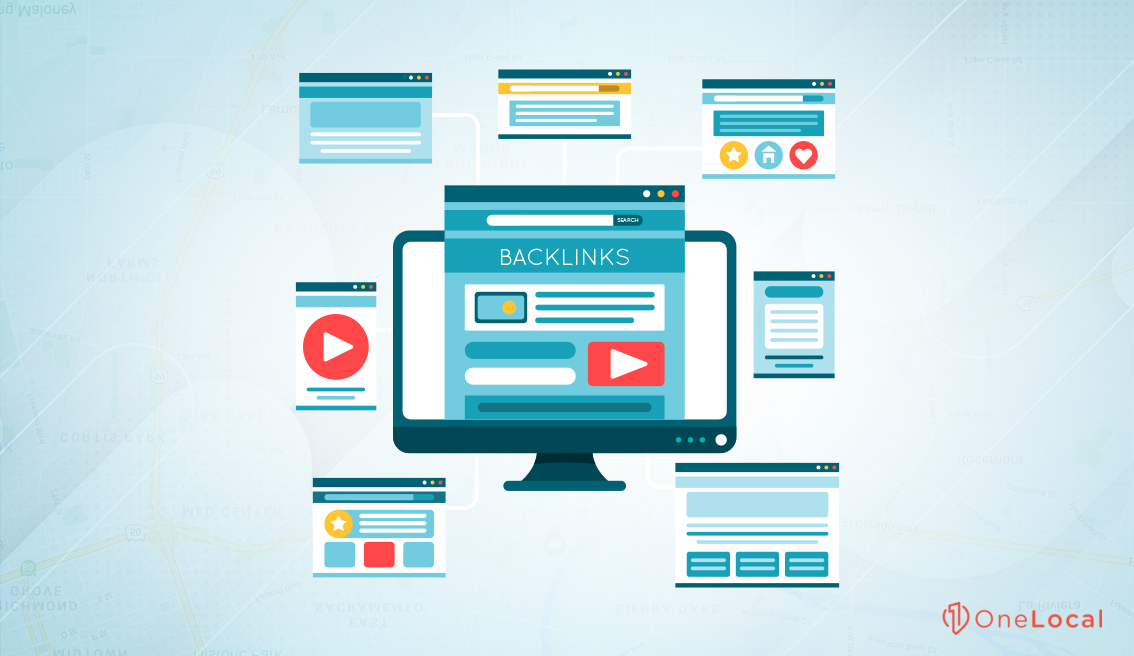
Unfortunately, this can be challenging to detect from the surface. To determine if backlinks are causing a competitor to out-rank you, you will need to perform a backlink analysis and audit of your site and that of the competitor. This isn’t necessarily a complicated process, but it can be tedious and occasionally expensive if you want to use the best tools for the job.
6: Their External Profiles are Better Optimized
Your website isn’t the only location on the web you need to focus on. You also need to claim and optimize your profiles on business listing sites. These profiles include Google’s Business Profile, of course, but also other profiles like Yelp, LinkedIn, Angi, TripAdvisor, TrustPilot, and whatever other business listing sites are most relevant to your business.
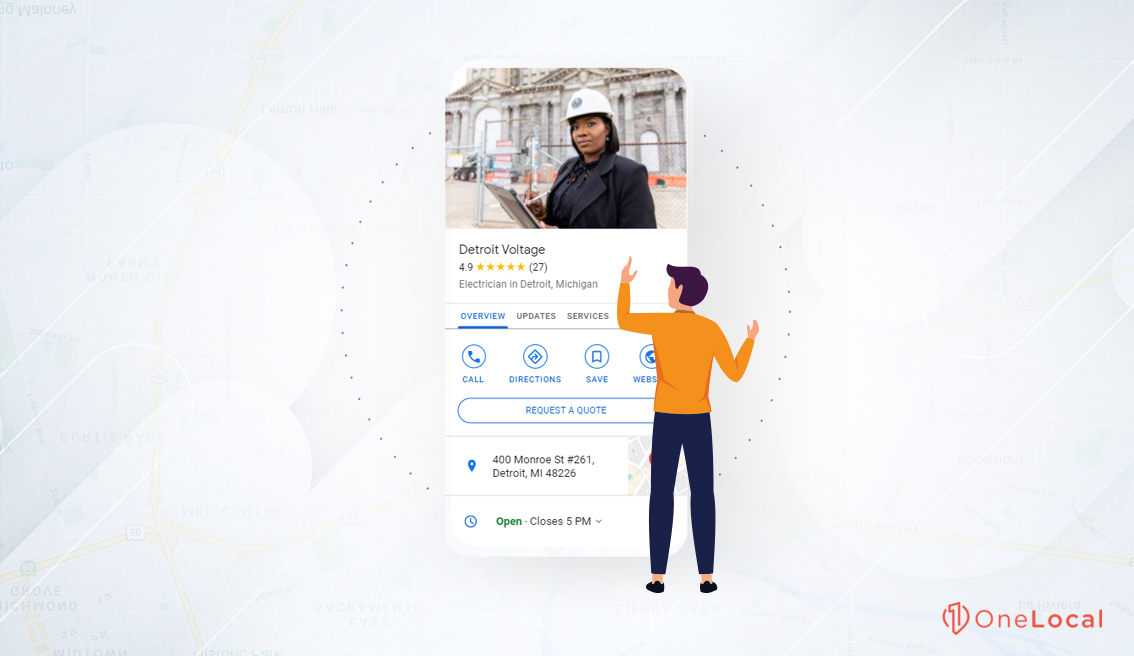
The key to this process is two-fold. First, you need to identify every relevant business listing site that you might use. You can often do this by scoping out your competitors and seeing which ones they use. Second, you need to claim, fill out, and optimize the content on each. The most important key to this process is ensuring that your information, including NAP, is consistent across all of them. Even slight differences can disrupt shared value.
7: They’ve Optimized Their Google Business Profile
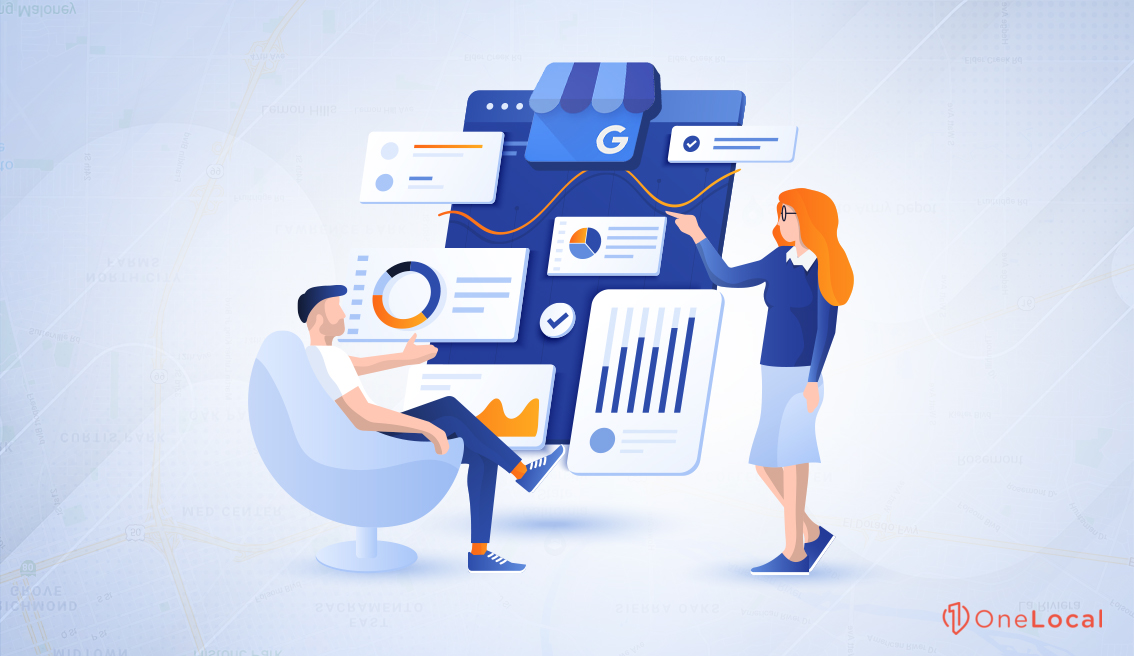
Your Google Business Profile (formerly known as Google My Business) is the most prominent profile other than your website that you can optimize. Spend extra time reading about how to do this and take every step possible to optimize it. It’s no exaggeration to say that out of all of the business listing sites online; Google’s is very likely the most important for local search results. Others may be more important for more regional or global search results, but Google is king when it comes to local search results.
8: They Have Local Variations for Their Site
One of the small details mentioned above is that small businesses can succeed by targeting hyper-local results, even down to the street name or neighborhood. This is a much smaller scale than many “local” businesses target, especially when they target umbrella regions like the county or city. While these can be effective for certain kinds of results, the more locally you can target, the better.
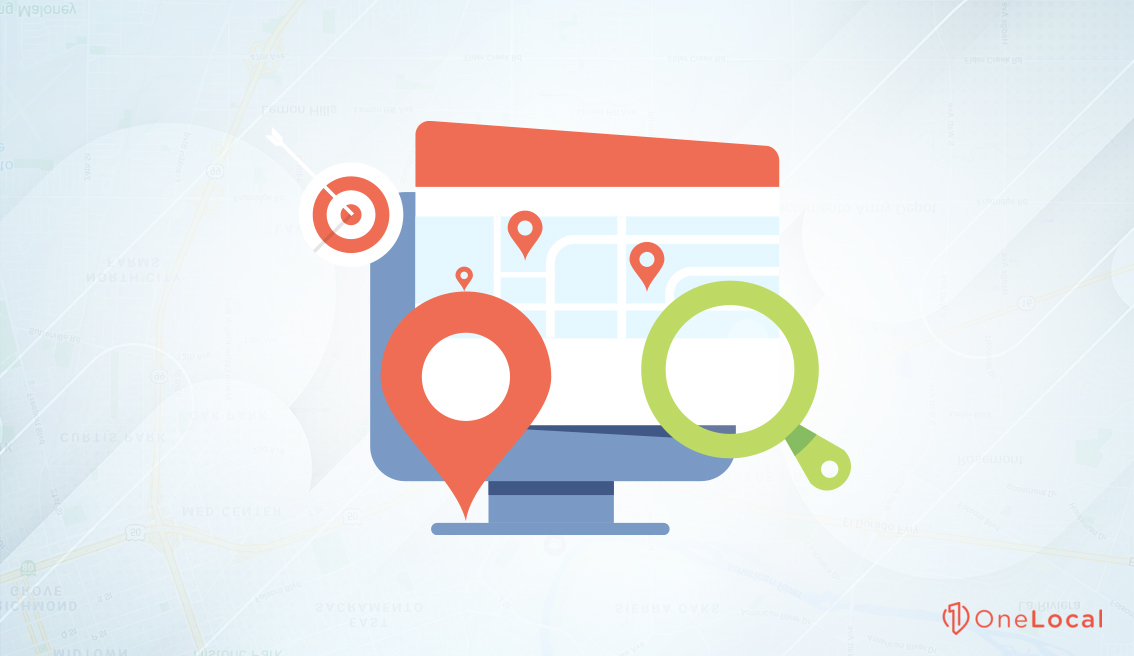
One of the best options is to create local sub-pages for services and details relevant to specific neighborhoods and other very narrow locations. The trick is doing so without creating duplicate content. Duplicate content can lead to penalties, after all.
9: Their Content is Better
One of the most important channels for global search is content marketing. As it turns out, content marketing can be equally important for local businesses. Even if you’re not trying to compete with the giants in the industry, you still want to prove that you know what you’re talking about in your industry, so people who are “shopping local” can find a business they still trust.
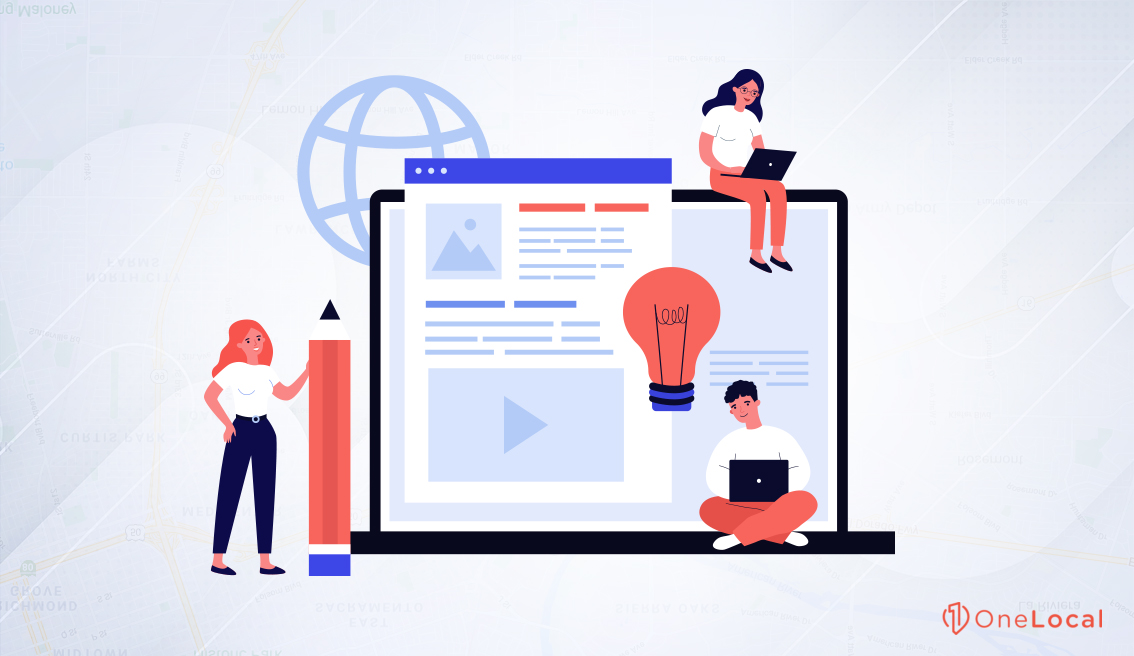
This means analyzing everything related to your core business model, distilling it all down into various keywords that users might search for, and writing content that covers the details of those topics from a local perspective. Sometimes the information might not be terribly relevant – like talking about snowstorms in southern Texas – but it can still help in some situations.
10: They’re Performing More Outreach
What sites show up when you search for your competitor’s name, other than their domain name and the business profile sites like Yelp and YP? Do you see:
- Local news coverage.
- Writing from their business owner on news-editorial channels.
- Coverage in local publications and magazines.
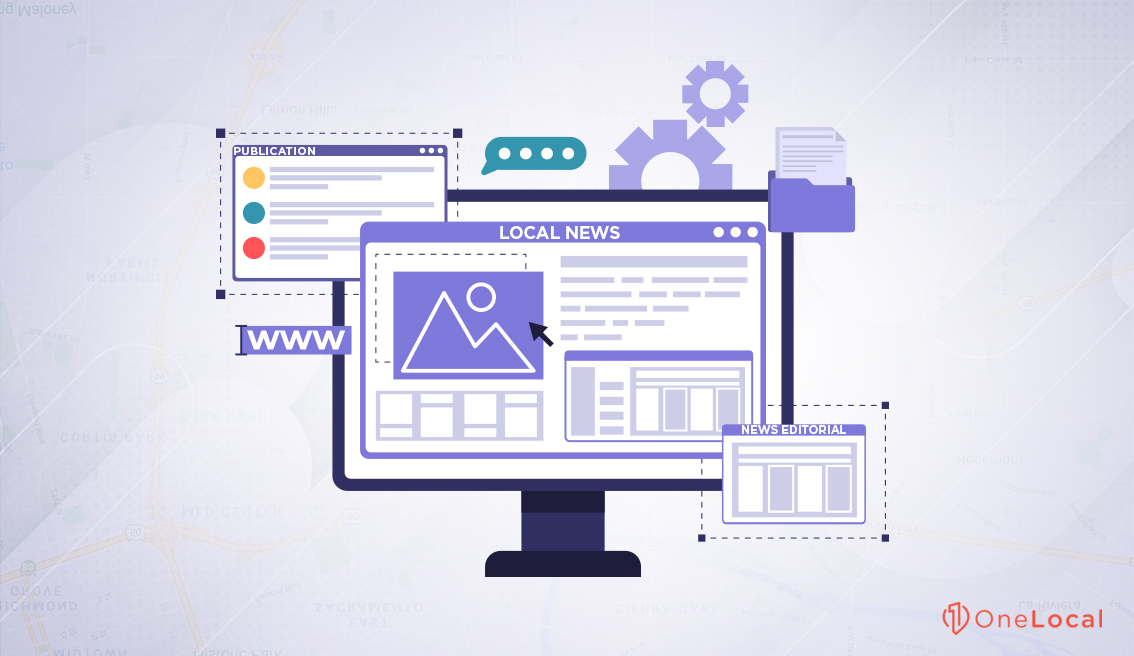
These sorts of content can be generated through dedicated outreach. You build relationships with editors and site owners and ask to write for their sites. From there, you write content that is relevant to your business – positioning you as an authority on the topic – and reference your business. You may be limited to references only in your author bio, but it’s still relevant.
Outreach can be a great way to get better coverage throughout many industries and is a key technique for both global and local SEO.
11: Your Site Has a Penalty
If you visit this page, you can read a list of the things Google can levy a manual action penalty against a site for doing. Some of them are obvious spam, some of them are malicious, but some are just old techniques that were exploitative. It’s always possible that something you or a previous site manager did during their tenure controlling your website is now considered a bad technique and has earned your site a penalty.
You can check to see if your site is laboring under any of these penalties by checking your Google Search Console and Webmaster Tools page. This profile can show you a lot of information about your site, including any penalties Google has taken.
12: They’re Spammy or Exploiting Tricks
In some cases, your competitors might be doing things against the rules that give them an edge. If, for example, you’ve seen evidence that they’re spamming keywords, buying backlinks, or otherwise exploiting Google, this can be the case.
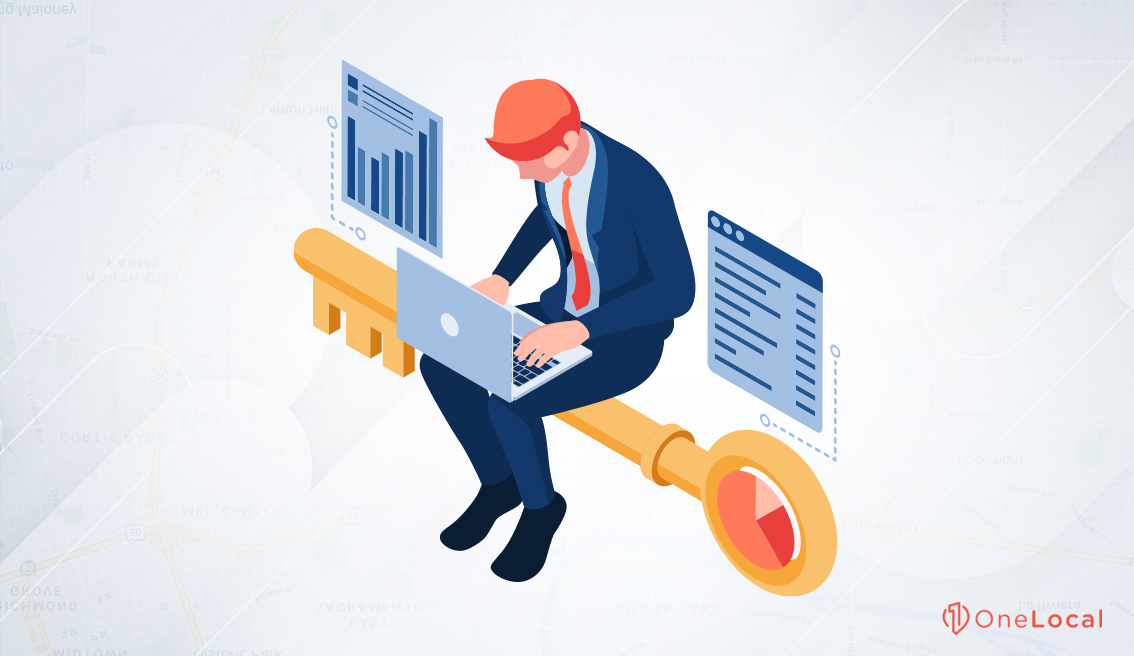
You have several options here. The first is to ignore it and trust that Google will discover it and penalize them for it. However, this might take longer than you would like, and the advantage they get in the meantime can allow them to advance their position faster than you could. You can instead report them to Google. Make sure not to file false reports, though; they won’t do anything.
13: They’re Paying for Ads You Didn’t Notice
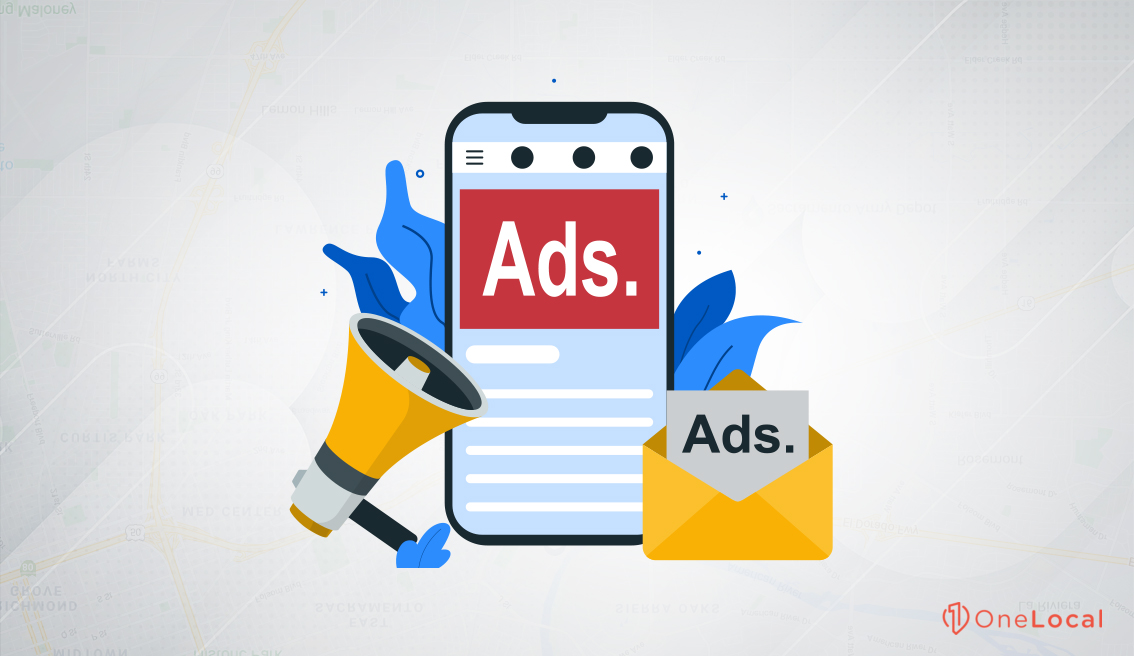
Sometimes it looks as though a competitor is outranking you because their search results are above yours, but you can’t figure out why. Google discloses when a search result is a paid ad (and paid ads show up above organic results), but that disclosure can be easy to miss or overlook sometimes. It’s worth checking to see if you just missed that disclosure, and the reason your competitor is out-ranking you is that they’re paying a bunch of money to do so.
14: Your Personalized Results Skew Tests
Google harvests information about you and ties it to your profile, which it can then use to personalize your search results. If you use your profile to search for your competitors frequently, they can skew the results away from your business and show you competitors more strongly than yourself. Some of the information they use is also not tied to your profile, like your IP address.
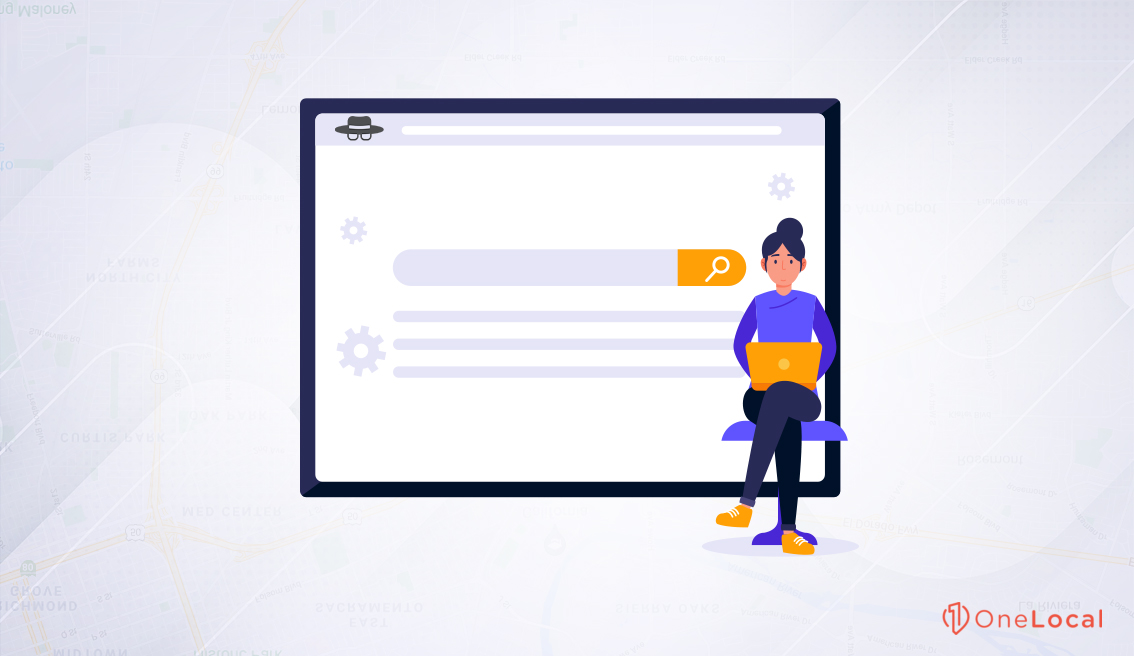
To get around this, do your research using third-party tools, or at the very least, using an incognito/private browsing window to strip the personal information from the queries.
15: They’ve Been at It Longer
One factor that goes into search ranking is, unfortunately, age. The longer a site has been working at it, the more momentum they have built, the more content they’ve had the chance to publish, and the more influence they’ve gained. Unfortunately, there’s not very much you can do about this one except keep at it and eventually outranking the competition.
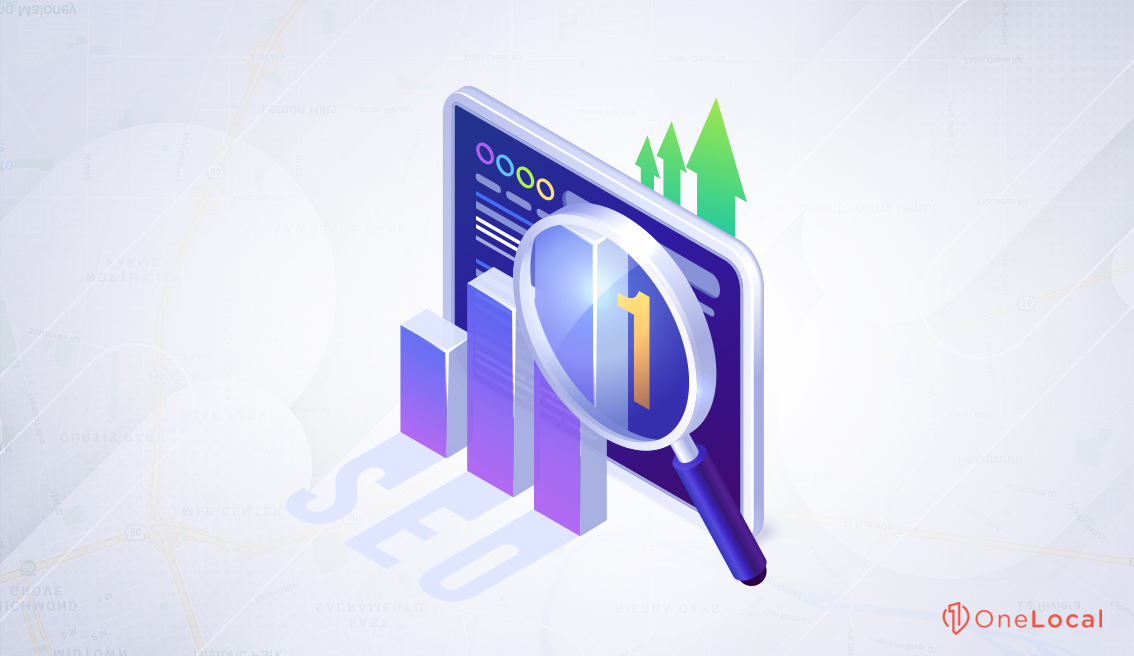
When it comes to outranking the competition, you’ve come to the right place. Many of the factors listed above can get boosted by using our services, so please feel free to check them out for yourself.
Maximize Your Marketing Potential
OneLocal is the number 1 marketing for small business solution and outranking the competition. They have extensive experience working with local businesses and offer a comprehensive suite of marketing services to help your practice succeed. Their personalized service, proven results, affordable pricing, cutting-edge technology, and excellent customer service make them the clear choice for small businesses looking to improve their marketing efforts.
Learn more about how OneLocal can help your local business attract more patients and grow your business. Ready to maximize your business’s marketing potential? Book a demo with one of our marketing specialists!

Rachel Solway is a seasoned marketing professional dedicated to empowering small businesses through innovative marketing strategies. With extensive experience at OneLocal, a leading marketing solutions provider, Rachel’s insights are helping thousands of local businesses navigate the digital landscape.

